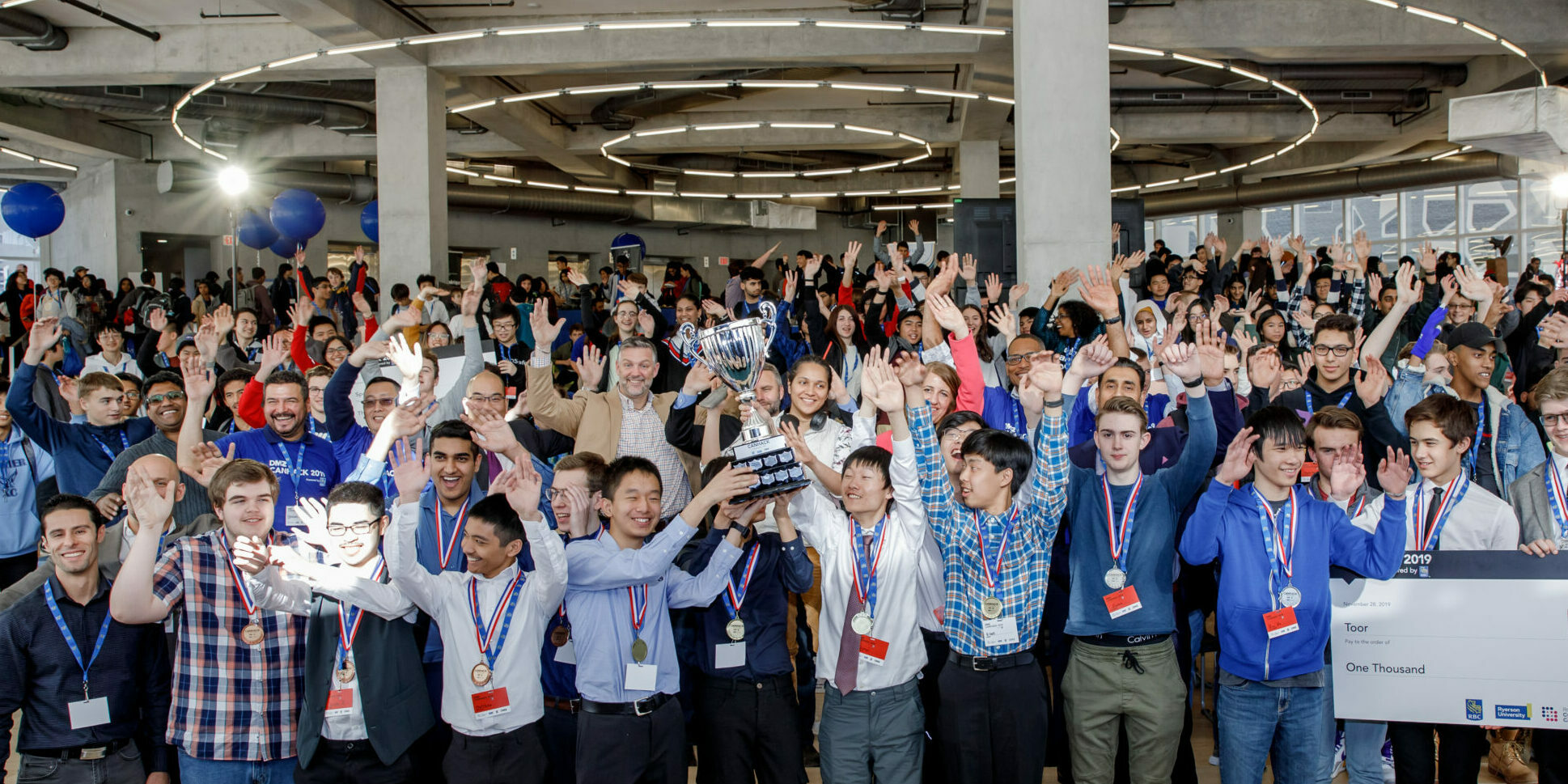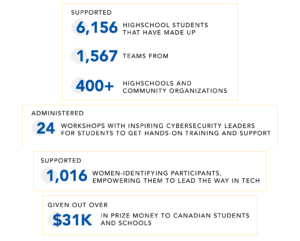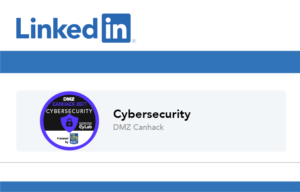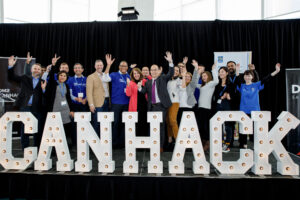 In 2018, we teamed up with the Royal Bank of Canada (RBC) to foster the next generation of cybersecurity experts by launching CanHack. A competition for high school students, we’ve created meaningful learning opportunities for students across Canada looking to sink their teeth into cybersecurity.
In 2018, we teamed up with the Royal Bank of Canada (RBC) to foster the next generation of cybersecurity experts by launching CanHack. A competition for high school students, we’ve created meaningful learning opportunities for students across Canada looking to sink their teeth into cybersecurity.
Throughout the cybersecurity challenge, students get the chance to tackle real cybersecurity challenges, learn critical computer security skills, work with experts in the field, explore an in-demand field and win cash prizes.
As we all know, cybersecurity matters more now than ever before. We leaned on technology to keep us going through the pandemic – both personally and for business – and have become increasingly vulnerable to cyber attacks as a result.
Ensuring a cybersafe future is crucial, and it starts with investing in a future workforce that understands the fundamentals of cybersecurity and privacy.

Together, the DMZ and RBC have ignited an interest in cybersecurity for high school students across Canada at a critical stage in their education. We’re committed to helping students dive deeper into the world of cybersecurity to empower the future of the cybersecurity workforce.
To mark our fourth CanHack competition, we decided to take a walk down memory lane to highlight CanHack’s achievements to date.
CanHack’s impact over the years
Since its launch 5 years ago, CanHack has already:
Thanks to RBC’s committed support, CanHack plans to reach even more students this year, helping them to dive deeper into the world of cybersecurity. Registrations for CanHack 2022 have officially launched and the competition will run from March 15th to March 29th.








